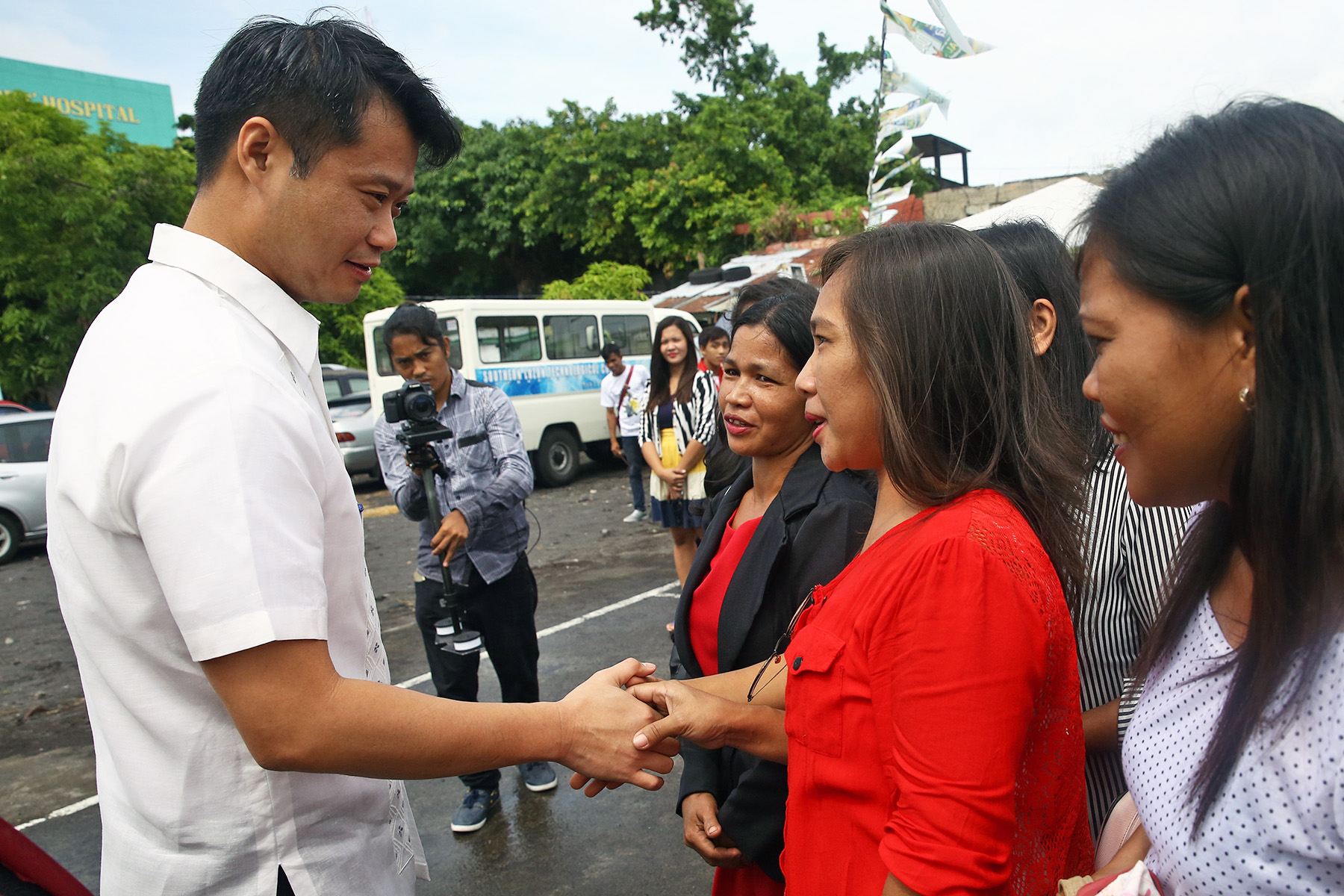Senator Win Gatchalian has filed Senate Resolution No. 526 seeking a Senate inquiry on the quality of teacher education and training in the country, including the performance of Teacher Education Institutions (TEIs).

The quality of teacher education and training and the performance of TEIs eventually reflected in the learning outcomes of students, Gatchalian said, citing the results of the 2018 Programme for International Student Assessment (PISA). The global survey revealed that out of 79 countries, the Philippines ranked lowest in Reading Comprehension and second lowest in both Science and Mathematics.
The senator also cited a Congressional Commission on Education (EDCOM) report which stated that the teachers’ poor performance is due to poor teaching training, low quality of students enrolled in teacher training, and meager opportunities for professional development.
Gatchalian emphasized that despite the creation in 1994 of the Teacher Education Council (TEC) and the National Educators Academy of the Philippines (NEAP) in 1992, the training for distance learning, which is a Twenty-First (21st) Century skill that a teacher should readily possess, has only commenced this year due to the COVID-19 pandemic.
TEC is tasked to design collaborative programs for pre-service teacher training, in-service training, re-training, orientation, and teacher development. NEAP, for its part, is mandated to provide the learning and development needs of the increasing number of teachers and school leaders by streamlining professional development.
To date, 620,794 out of 800,000 teachers have been trained for distance learning, the Department of Education (DepEd) reported.
Even before the pandemic hit, Gatchalian said teacher quality has already been a challenge in the country, pointing to the results of the Licensure Examination for Teachers (LET) in previous years. Between 2014 and 2019, the elementary teacher licensure examination results showed that the average passing rate was only 28 percent while results of the secondary teacher licensure examination showed that the average passing rate was only 36 percent.
The expertise of teachers is another cause for concern, Gatchalian said. Elementary and high school teachers are not equipped to teach considerable portions of the K to 12 curriculum, results of the World Bank’s Philippines Public Education Expenditure Tracking and Quantitative Service Delivery Study (PETS-QSDS) revealed. Except for English elementary teachers, the average elementary or high school teacher could correctly answer fewer than half of questions on subject content tests.
“Ang husay at kaalaman ng ating mga mag-aaral ay nakasalalay sa kahusayan at kahandaan ng ating mga guro. Upang mai-angat natin ang kalidad ng edukasyon sa bansa, kailangang masuri natin ang edukasyon at paghahanda na natatanggap ng ating mga guro upang masiguro nating handa silang tugunan ang pangangailangan ng ating mga mag-aaral,” said Gatchalian, Chairman of the Senate Committee on Basic Education, Arts and Culture.


